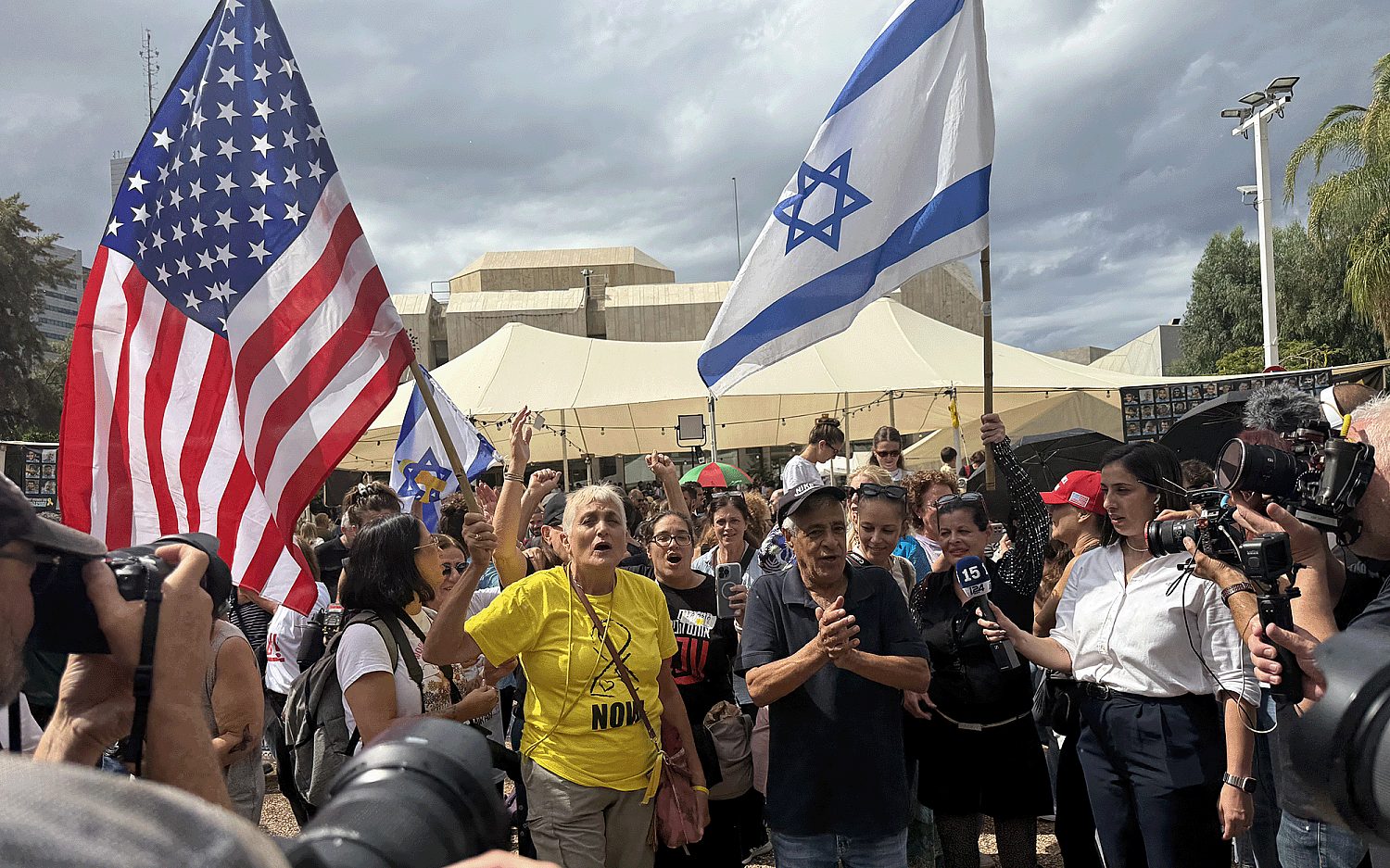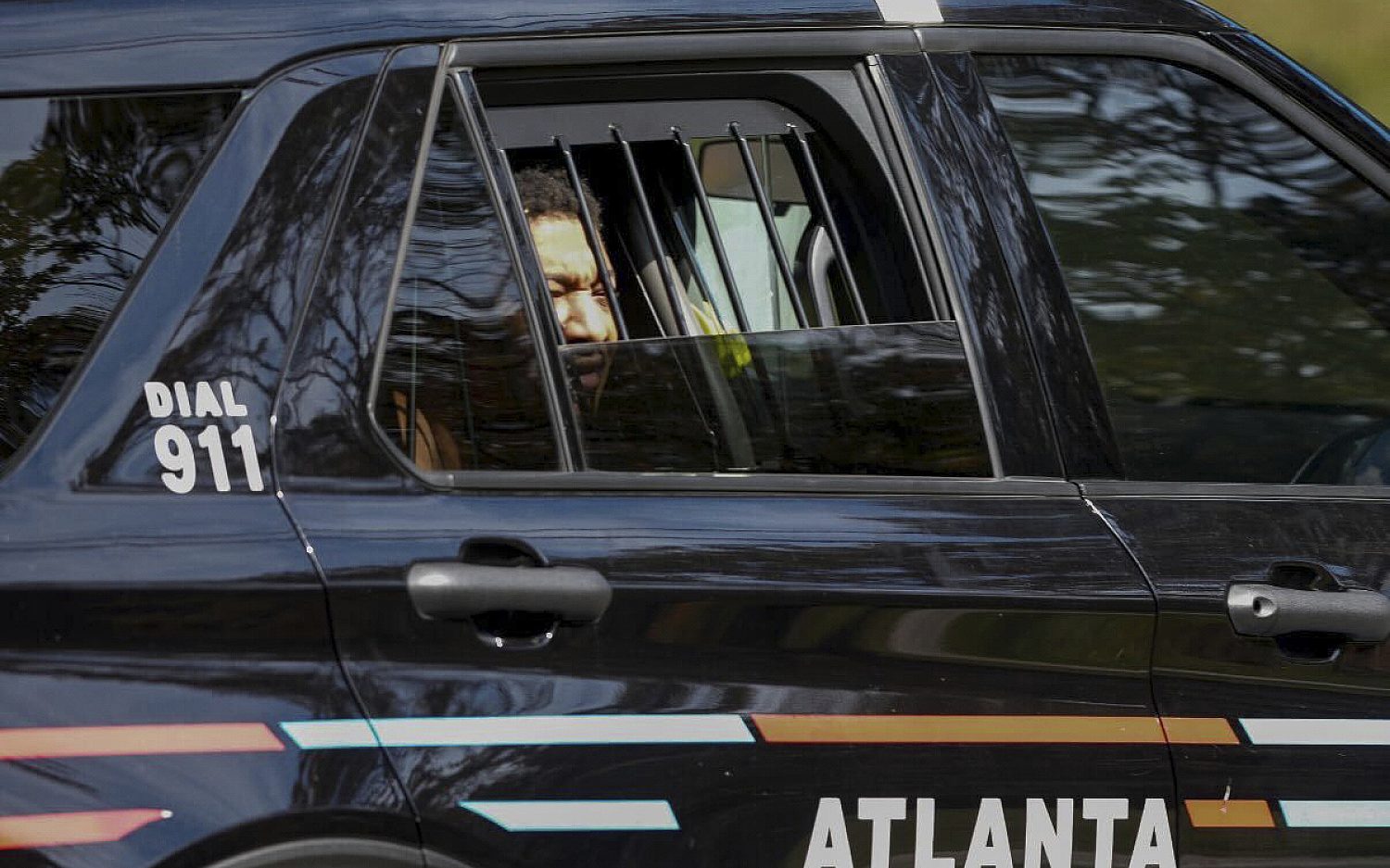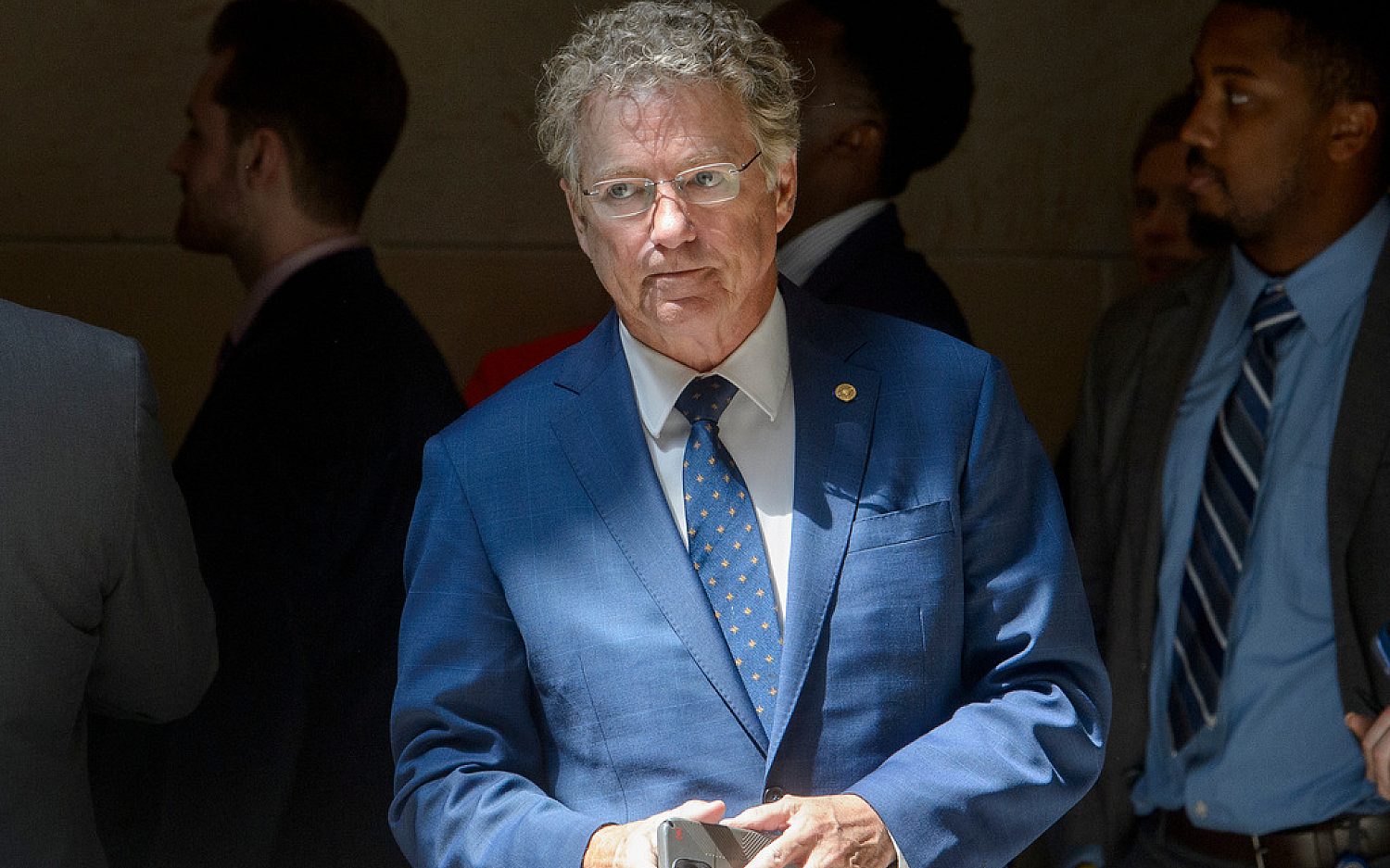Is Philippine president ready to chuck U.S. alliance
Analysts say despite his bluster, Rodrigo Duterte isn’t likely to sacrifice a relationship that benefits his country
Philippine President Rodrigo Duterte’s calls this week for withdrawal of all U.S. troops from the southern Philippines, as well as the suspension of joint U.S.-Philippine naval patrols in the South China Sea, have raised concerns about the countries’ relationship.
“The special forces, they have to go,” Duterte said during an oath-taking ceremony on Monday, according to the Philippine Star. “I do not want a rift with America. But they have to go.”
The small contingent of about 100 troops advising the Filipino military and providing intelligence is all that remains of the U.S. support to a Filipino counter-terrorism mission against the militant Islamist group Abu Sayyaf. The support mission based in Mindanao involved as many as 1,200 Americans at its height but ended last year, according to the Military Times.
In his speech, Duterte—once a mayor in the Mindanao region—lashed out at the United States, blaming Washington for “exporting terrorism” in the Middle East and pointing to past abuses of Filipino rebels during the Philippine-American war in 1906, according to the Philippine Star.
“Duterte is putting in jeopardy the alliance,” Patrick Cronin, director of the Asia-Pacific Security Program at the Center for a New American Security in Washington told the Military Times. He cautioned the Obama administration to take a wait-and-see approach to Duterte’s often spontaneous remarks: “There’s a lot of extemporaneous speaking from the new president. I don’t take those statements at face value.”
But on Tuesday, Duterte followed up with another series of statements suggesting he wants the Philippines to distance itself from its longtime ally. The Philippine president announced he will discontinue joint U.S.-Philippine naval patrols in the disputed waters of the South China Sea—an arrangement negotiated by his predecessor earlier this year.
“We do not go into a patrol or join any other army from now because I do not want trouble,” Duterte said. “I do not want to ride gung-ho style there with China or with America. I just want to patrol our territorial waters.”
But some analysts note Duterte won’t even be able to do that without U.S. assistance.
“The Filipinos don’t really have the capability currently to even watch all of their waters,” said Walter Lohman, director of the Heritage Foundation’s Asia Studies Center. “We’re flying out of their bases patrol aircraft that can see their territory and we can tell them what’s going on there. That’s how close the relationship is.”
Because the United States and the Philippines have been close allies for decades and their respective militaries and government bureaucracies have good working relationships, it’s unlikely Duterte’s offhand comments will ever translate into official policy, Lohman noted.
“I’m not too worried about it,” he told me. “I think over the long term this will all correct itself. Whether Duterte is still in the picture when that happens I don’t know. But I think over the next few years, if not sooner, it will correct itself.”
An actual newsletter worth subscribing to instead of just a collection of links. —Adam
Sign up to receive The Sift email newsletter each weekday morning for the latest headlines from WORLD’s breaking news team.




Please wait while we load the latest comments...
Comments
Please register, subscribe, or log in to comment on this article.